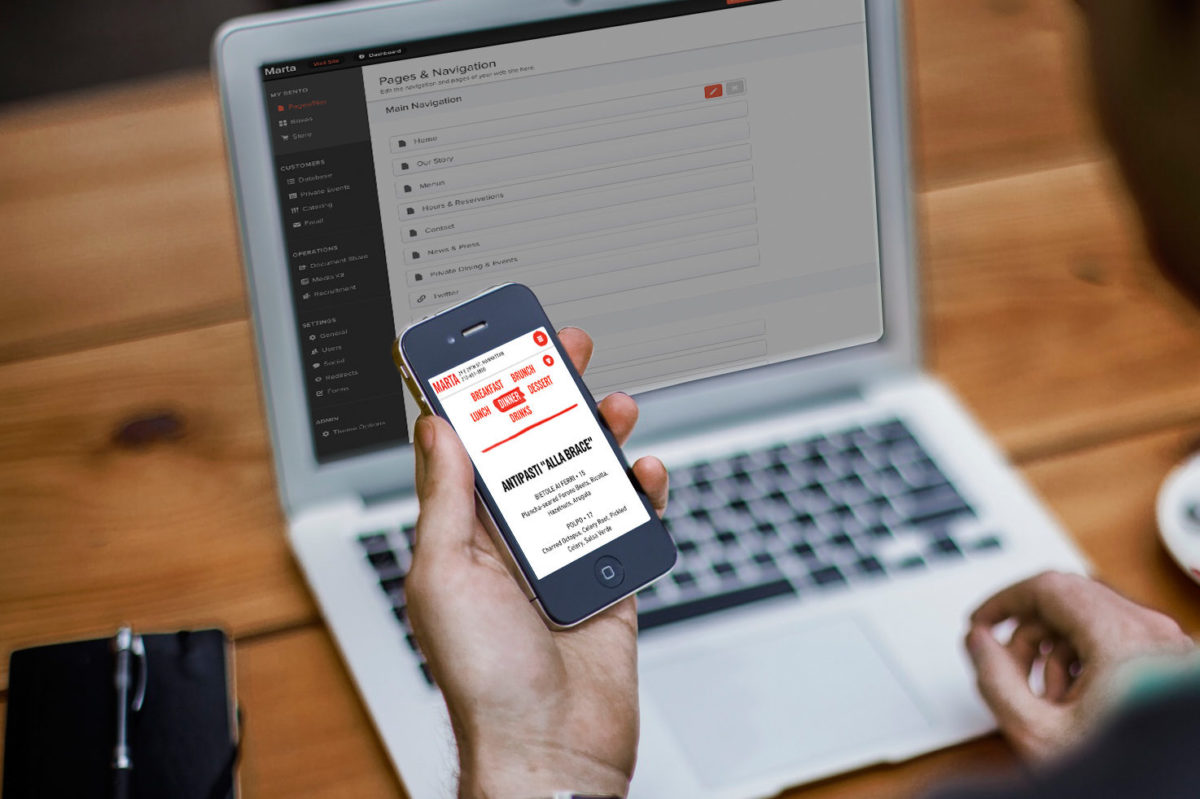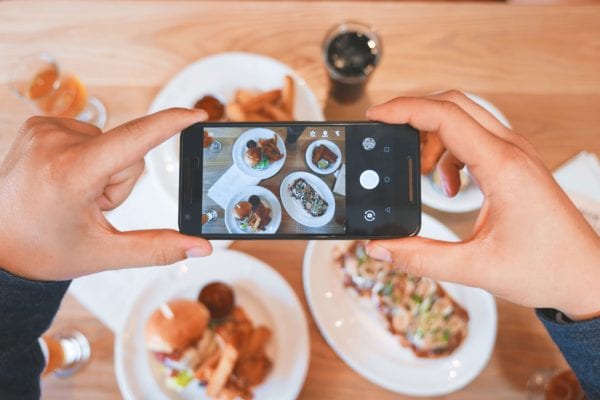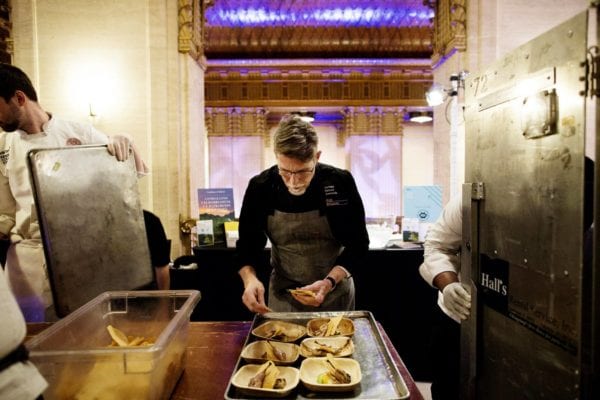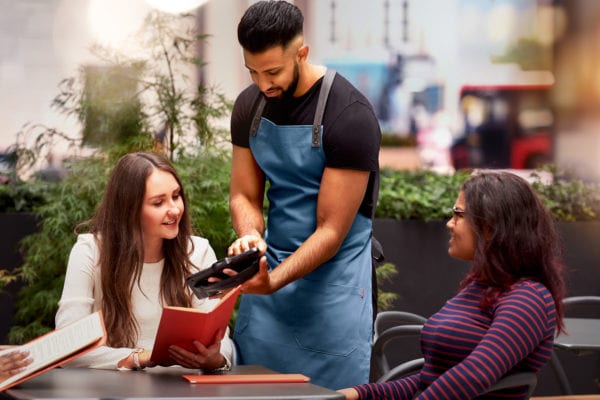Skift Take
It's easy to overlook the importance of a well-designed and useful website in an age of social media hype, but a restaurant's website is the one true place the business has total control of the message.
— Kristen Hawley
In a climate where social media rules all and reviews and ranking sites routinely show up as top search results for a restaurant, a business’s own website might become an afterthought. Online branding a brick-and-mortar business takes time and effort. Given the sheer volume of channels like Yelp, Facebook, TripAdvisor, Instagram, and all the others that make up a good online presence, the prospect of any business, let alone a small business, spending precious time on these services is a daunting proposition. But there’s one place, away from all the third-party-controlled sites where small businesses can maintain complete control: their website. According to a 2015 OpenTable survey, 84 percent of diners visit a restaurant’s own website before making a reservation. That’s a huge audience a business may be losing without a robust and useful website — and that’s not even taking into consideration the lost revenue opportunity.
Krystle Mobayeni is founder and CEO of BentoBox, a platform that helps restaurants build and maintain timely, useful, and well-designed websites. BentoBox currently powers over 1,200 restaurants globally, from fine dining at New York’s Eleven Madison Park to Souvla, San Francisco’s beloved mediterranean fast-casual restaurant (and plenty more). BentoBox helps restaurants reclaim their online image and drive new business at the same time. A restaurant’s site, according to Mobayeni, is the only place where a restaurant has total control of its own brand online. “In the past decade, as technology has become more important in dining out, restaurants didn’t have the tools to be able to translate that amazing, warm, connected experience that a guest has with the restaurant in brick and mortar,” she says. From this came the idea for BentoBox, which last week announced a $4.8 million Series A round of funding.
A good restaurant website not only translate’s a business’s ethos onto a webpage, it’s also a way to drive revenue. Here, Mobayeni shares more about her company, its vision, and the real difference a good website makes to a restaurant’s business.
A restaurant’s website is central to its identity.
“We started realizing that this problem that we’re solving really came about because restaurants didn’t have the tools to translate that amazing, warm, connected experience that guests had in the brick and mortar. Instead, all of these third party systems like Yelp, OpenTable, and Seamless came in and gave restaurants the tools to do that, but in that process, the restaurants gave up that one-to-one relationship with their guests. It wasn’t really about their brand and their experience. And as we all know, restaurants gave up their revenue in exchange for that, too. What we’re helping restaurants do is take that control back. We see the website as an extension of their brick and mortar property. It’s their digital property.”
…but it’s also valuable to make money.
“Outside of the general website design tools, beyond a beautiful, mobile, restaurant-focused website tool is that we give restaurants the tools to be able to drive revenue and for making an impact on their bottom line. Restaurants, especially independent ones, are really hard businesses to run, and so we give them tools to be able to drive very high margin types of revenue, like to sell digital gift cards, to take and process catering orders, to take private event requests from contract all the way down to a deposit, sell tickets for events they may be doing, and general e-commerce. For example, we worked with one restaurant that had a tiny blurb about private events on their site. We added a lead form to the site, and they went from getting one or two potential inquiries a month to getting five to ten a week — just because they had an online form.”
Good restaurant websites are complementary to other services.
“We have integrations with reservations services OpenTable, Resy, Reserve, and Yelp Reservations, plus online ordering platforms. Restaurant websites actually get a very large percentage of traffic from Yelp, and we don’t see Yelp as competition. We have a lot of fragmented competitors with what we do, but I haven’t seen a complete package like what we offer.”
The thing is, it takes time and effort to build and maintain an up-to-date, useful site.
“We differ from horizontal website builders [like Squarespace and Wix, two of the most common services restaurants use to build websites] in that we onboard the restaurants onto the platform, we set them up on the website. After the restaurant signs up, they contacted by one of our onboarding managers. We have a process of collecting their photography and brand assets like logo and menus, and we have them fill out a detailed questionnaire. Each website is built from templates, but everything is customizable to the point that each site feels extremely different. Our internal team gets the site set up, and our design team works to make sure the restaurant’s brand is coming through while staying true to and optimizing the restaurant’s business goals. Once the site is launched, the restaurant is able to make updates to the site on their own.”
What’s next?
Mobayeni says the new funding is earmarked for account management and continued conversations with clients. She wants to make sure to continue to help each restaurant, even after they’re live on BentoBox. She has no plans to expand beyond restaurants. “I think there’s still a lot of work to do with restaurants. By sticking with restaurants, we can more closely provide them with the tools that they need,” she says. BentoBox customers currently pay between $100 and $500 per month based on the mix of features included, from basic design and maintenance to gift card integration, event support, and analytics.





